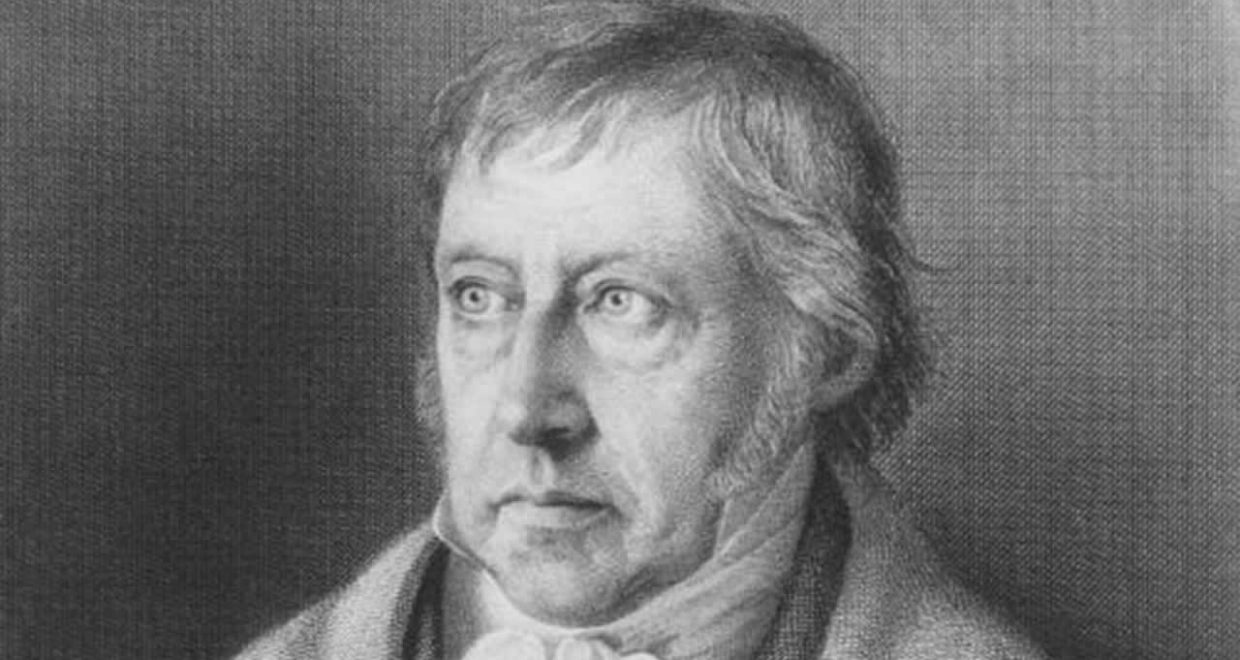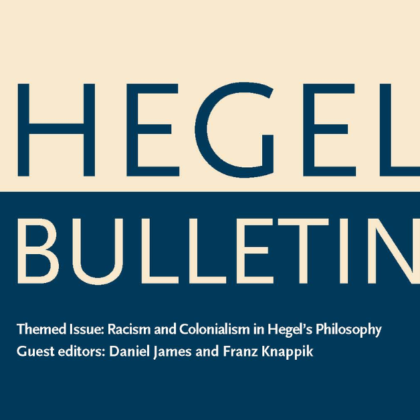The Indirect Impact of Philosophy
One of the things that I find especially compelling in Hegel is the idea that philosophy should not try to have a direct impact on what there is. Philosophy is mainly concerned with analysing the past and the philosophical thought of the past and thus it is a kind of critical remembering. The indirect philosophical impact for the social and political world can occur in two ways. First, by remembering the past philosophically we learn to understand ourselves and our time. Understanding of ourselves is a condition for future actions. Secondly by analysing the present and the past and their philosophical reflections collectively we prepare ourselves to change in future what past and present times have been criticized for.
These ideas are maybe not obvious. They hang together with Hegel’s understanding of criticism as something by which we try to keep what is worth keeping in the situations and positions we criticize. It also hangs together with the idea that the realization of something builds a condition for its developing intellectually and for its understanding. It is supposed to be necessary to refer to that which has been realized in order to really understand it and build a new fruitful position.
This idea seems to me to be still today of great importance for the understanding of ourselves and for shaping our world in the future. For my own work this idea has been relevant for my understanding of philosophy and of my own work in philosophy. I think it important to engage with positions in the history of philosophy and, more generally, with other philosophical positions. Philosophy is always historical and always dialogical and it is never a taking over of other ideas but a critical examination of them.
In order to explain this idea, I would like to mention an example – an example that is probably also for Hegel the most interesting. We can only understand what it means that human beings are free when and if there are human beings that realize freedom. This means that the requisite psychological and institutional conditions must be available. However, it also means that we have to refer to the circumstances, the ideas and the concrete lives of human beings in the past and in our days in order to understand that we are free and in order to see how we can take aspects and dimensions of this freedom into account in our future lives. Contrary to Hegel, I think that this is an open process because human beings change (time after time) and need again and again new interpretations and new realizations of what their freedom amounts to.






